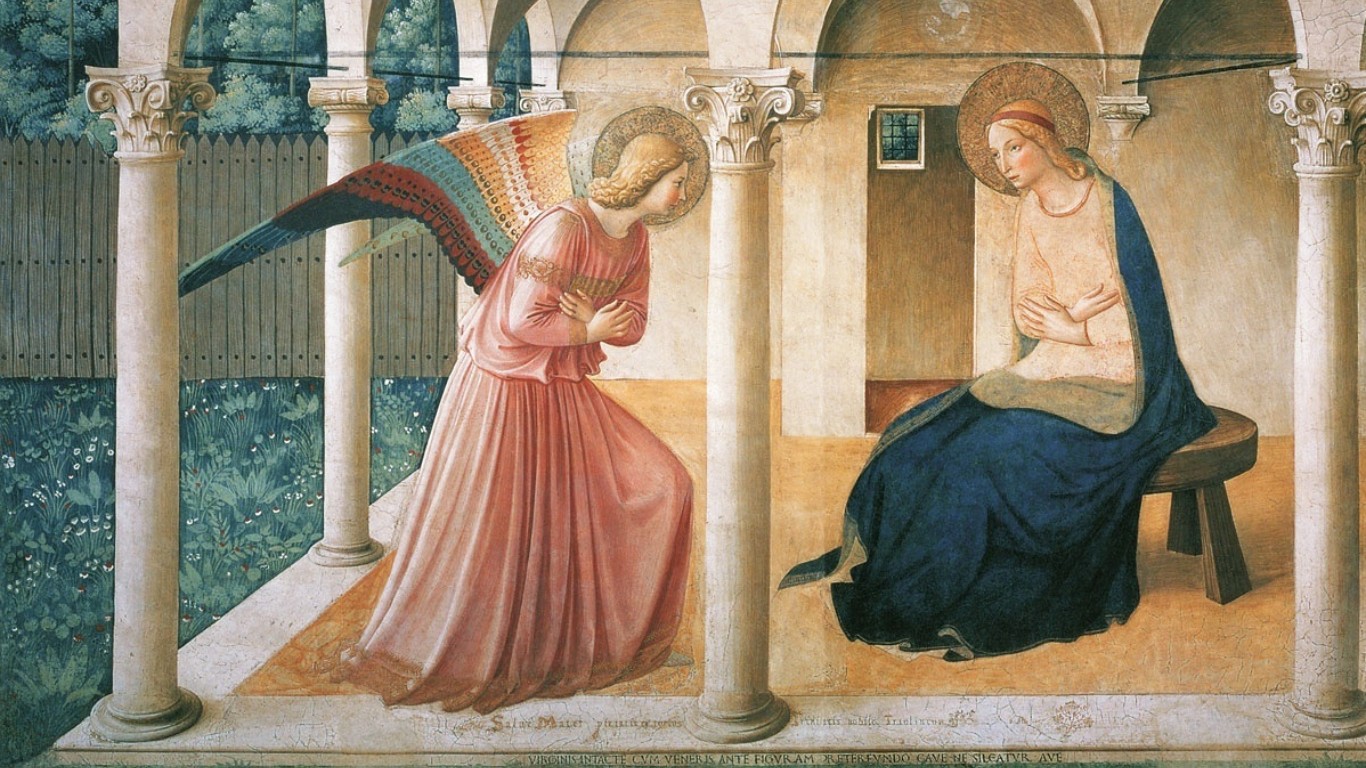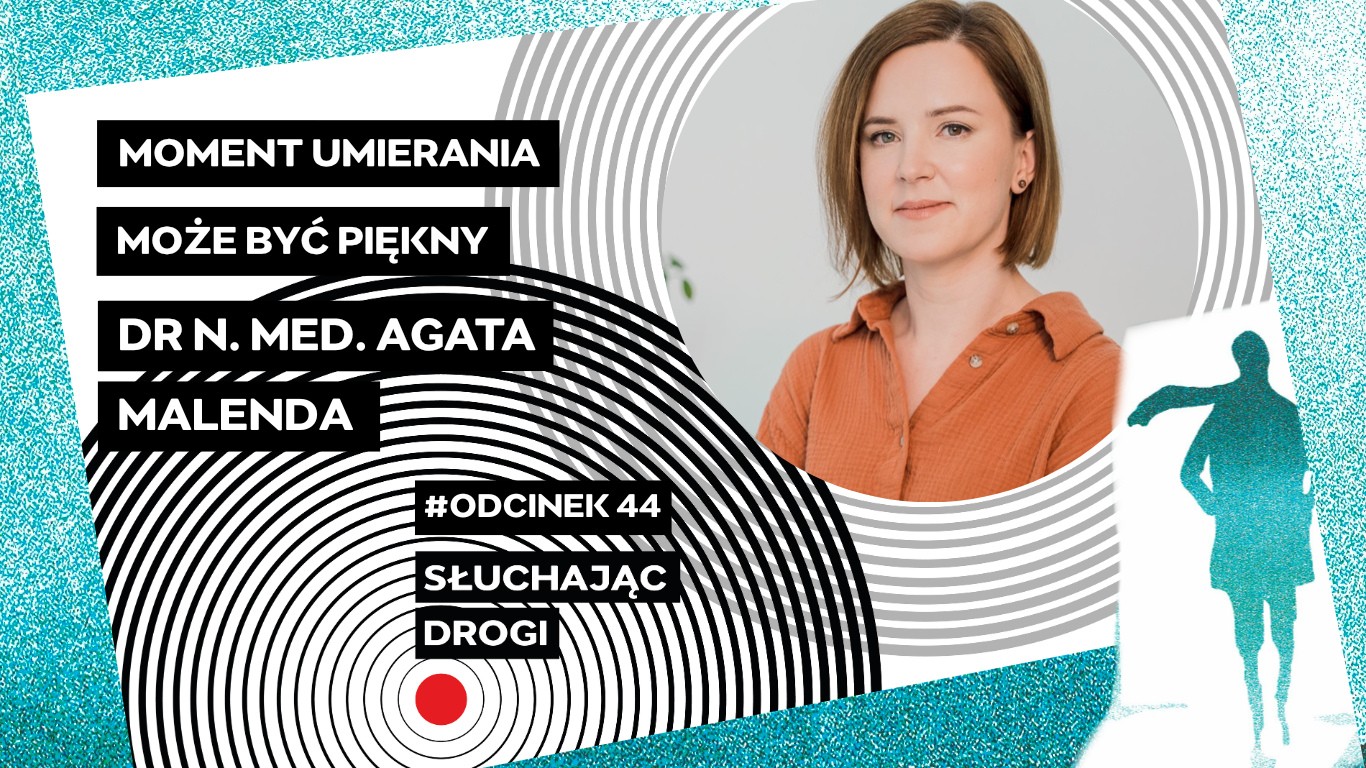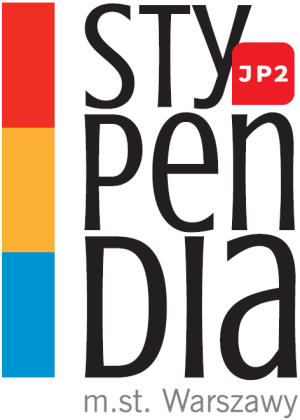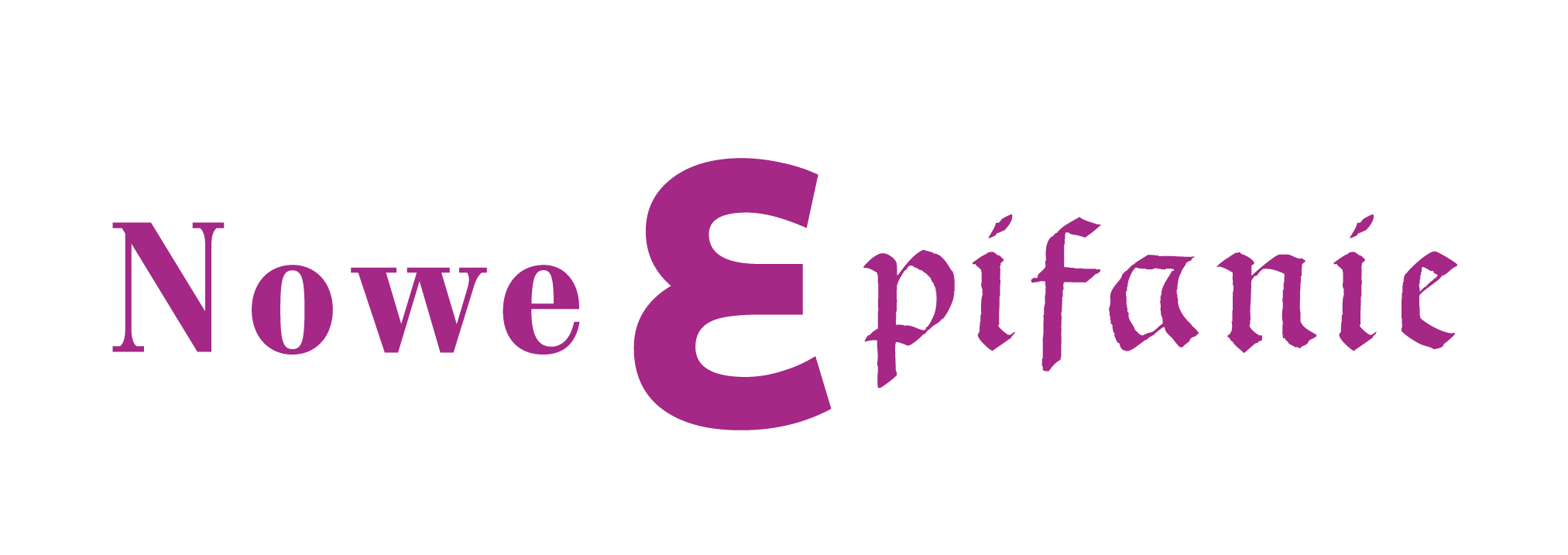Jakie prawne, polityczne i ekonomiczne instytucje są potrzebne, aby pozwolić ludziom dążyć do szczęścia?
Przedmiotem wyboru zawsze jest jakaś droga, którą człowiek powinien iść. Szczęście zaś nie jest drogą, ale celem każdej drogi człowieka. Wobec tego zaś nietrudno się zgodzić, ze etyka wskazuje człowiekowi pośrednio drogę do szczęścia…. [C]złowiek dojrzewa do szczęścia przez doskonałość moralną.
Karol Wojtyła
Czy to przypadek, że w wielu językach słowo „szczęśliwy” ma związek z „mieć szczęście” czyli z sukcesem w podejmowaniu ryzyka? Jakie prawne, polityczne i ekonomiczne instytucje są potrzebne, aby pozwolić ludziom dążyć do szczęścia? Jaki jest związek religii i rynków kapitałowych z dobrobytem?
Te tematy poruszy prof. Reuven Brenner, wykładowca McGill University w Montrealu, wybitny współczesny myśliciel i ekonomista, autor książek “History – Human Gamble”, “Force of Finance”, “A World of Chance”, znany polskiemu czytelnikowi z licznych artykułów i wywiadów w serwisie ObserwatorFinansowy.pl.
Wykład w Centrum Myśli Jana Pawła II to jedna z dwóch możliwości, aby posłuchać Reuvena Brennera na żywo w Warszawie. Druga z nich jest zarezerwowana m.in. dla członków Narodowej Rady Rozwoju, którzy przybędą na wykład profesora w Pałacu Prezydenckim.
Niniejsze wydarzenia organizowane są, we współpracy z Fundacją Konrada Adenauera, w ramach projektu:
MORALNY KAPITALIZM W ŚWIETLE GLOBALNEGO KRYZYSU: OD SPOŁECZNEJ GOSPODARKI RYNKOWEJ DO NOWYCH MODELI ZARZĄDZANIA I NADZORU.
Wykład i dyskusja odbędą się w języku angielskim.
Wykład będzie transmitowany na żywo na kanale CMJP2 na Youtube.
Przewidziany jest poczęstunek.
6 czerwca (poniedziałek) godz. 18.30-20.00
Centrum Myśli Jana Pawła II, ul Foksal 11, I piętro,










